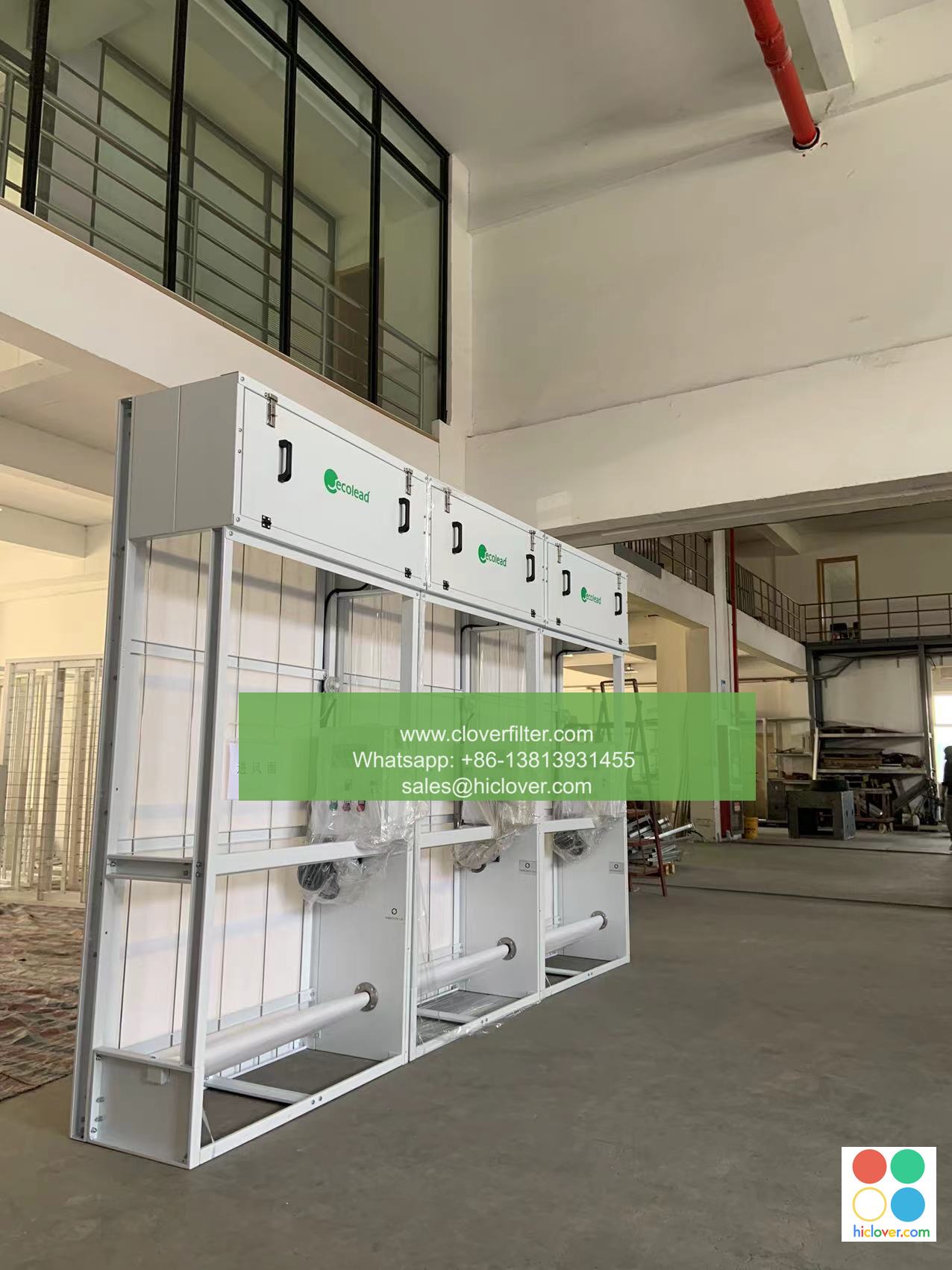How to Improve Air Quality with Energy-Efficient Air Filters

How to Improve Air Quality with Energy-Efficient Air Filters
Introduction
Indoor air quality is a growing concern, with pollutants and allergens affecting millions of people worldwide. Traditional air filters can be ineffective, expensive, and even contribute to environmental issues. Energy-efficient air filters offer a solution, providing a healthier and more sustainable indoor environment. In this article, we’ll explore the benefits and applications of energy-efficient air filters, highlighting how they can improve air quality in various settings.
What are Energy-Efficient Air Filters?
Energy-efficient air filters, also known as high-efficiency particulate air (HEPA) filters, are designed to capture 99.97% of particles as small as 0.3 microns, including dust, pollen, and other airborne pollutants. Unlike traditional filters, HEPA filters do not release particles back into the air, ensuring a cleaner and healthier environment.
Benefits of Energy-Efficient Air Filters
Energy-efficient air filters offer numerous benefits, including:
- Improved Air Quality: HEPA filters capture pollutants and allergens, reducing airborne contaminants and improving indoor air quality.
- Energy Savings: Energy-efficient air filters are designed to operate at lower fan speeds, reducing energy consumption and extending filter lifespan.
- Reduced Maintenance: HEPA filters require less maintenance than traditional filters, with fewer replacements needed.
- Cost-Effective: Energy-efficient air filters can save money on energy bills and reduce replacement costs.
Application Areas
Energy-efficient air filters can be applied in various settings, including:
- Residential Homes: Improve indoor air quality and reduce energy consumption in your home with energy-efficient air filters.
- Commercial Buildings: Enhance indoor air quality and reduce energy costs in offices, schools, and other commercial spaces.
- Healthcare Facilities: Improve air quality and reduce the risk of airborne infections in hospitals, clinics, and other healthcare settings.
- Industrial Settings: Reduce airborne pollutants and improve air quality in manufacturing facilities, warehouses, and other industrial environments.
- Transportation: Improve air quality and reduce energy consumption in vehicles, public transportation, and airports.
Choosing the Right Energy-Efficient Air Filter
When selecting an energy-efficient air filter, consider the following factors:
- Filter Type: Choose a HEPA filter that meets your specific needs, such as allergen removal or odor reduction.
- Filter Size: Select a filter that fits your HVAC system or equipment.
- Filter Efficiency: Look for filters with a MERV rating of 13 or higher for maximum effectiveness.
- Filter Brand: Research reputable brands and read reviews to ensure you’re getting a high-quality filter.
Conclusion
Energy-efficient air filters offer a solution to improving indoor air quality while reducing energy consumption and environmental impact. By choosing the right filter for your specific needs, you can create a healthier and more sustainable environment in your home, office, or industrial setting. With their numerous benefits and applications, energy-efficient air filters are an essential investment for anyone concerned about indoor air quality.
I’m happy to help! What would you like to talk about or ask?

